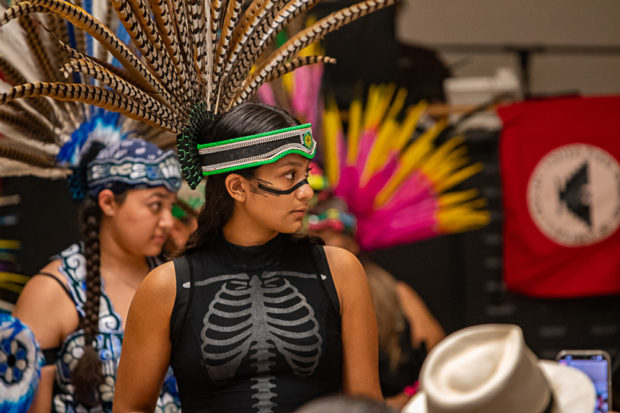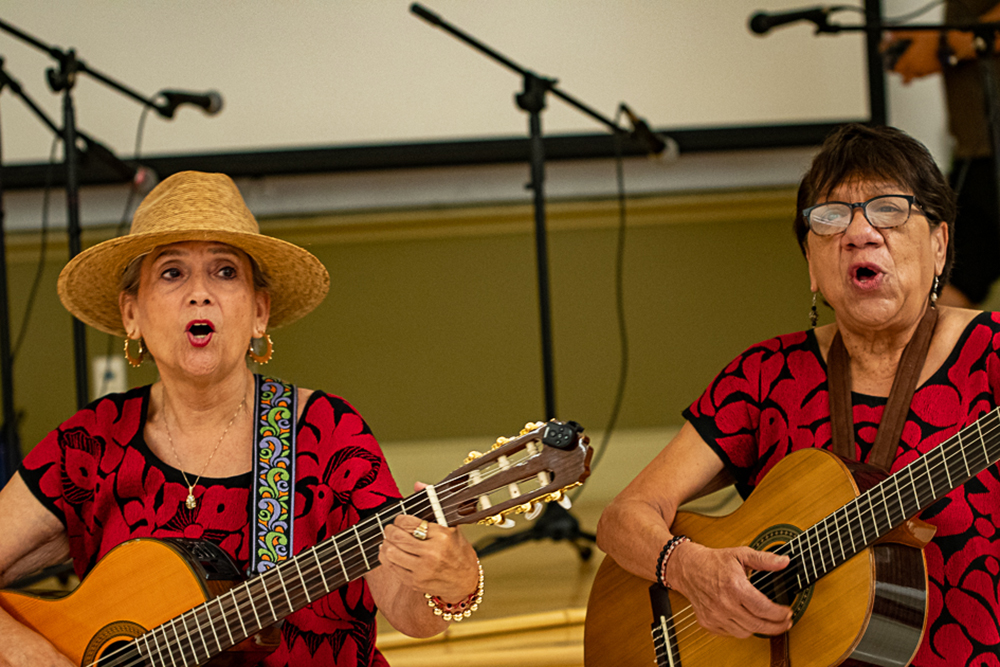
On Aug. 19, the Chicano Youth Center in Fresno hosted a fundraising event to commemorate the 50th anniversary of the United Farm Workers (UFW) strike in the grape industry. The strike began on April 16, 1973, in the Coachella Valley when grape growers, rather than renewing United Farm Workers Organizing Committee (UFWOC) contracts won through five years of strikes and boycotts from 1965 to 1970, signed sweetheart deals with the Teamsters union with no notice to the workers or UFWOC. Thousands of workers put down their grape knives and picked up their huelga (strike) flags to defend their hard won contracts.
The strike spread to five counties, in which the growers obtained 58 injunctions (later ruled unconstitutional), prohibiting the strikers from picketing struck fields. As a result, 3,538 strikers were arrested, including more than 1,500 in Fresno County. Forty-four strikers were shot at, with 12 being seriously injured.
On Aug. 15, 1973, striker Nagi Daifallah, an immigrant from Yemen, was beaten to death by Kern County Sheriff’s Office deputies. Two days later, Juan de la Cruz, a 60-year-old striker, was shot through the heart by a strikebreaker as he stood on a picket line with his wife. The documentary Fighting for Our Lives (available on YouTube) captures vivid scenes from the strike.
Maria Eraña, director of broadcasting for Radio Bilingue, opened the event and introduced Aztec dancers from Grupo Yostaltepetl, who performed a traditional Mexican blessing. David Alvarez, a community activist, then shared his thoughts on some of the impacts of the farmworker movement and circled the audience with a burning smudge stick.

In a video greeting, UFW cofounder Dolores Huerta reflected upon the commitment and the courage of the strikers who faced beatings, jailing and economic losses, including their cars and even homes in their fight to save the union.
Augustin Lira, cofounder with Luis Valdez of Teatro Campesino, along with Patricia Wells Solorzano, treated the audience to rousing renditions of original songs of La Causa. They included songs of the Black freedom movement that Teatro Campesino had translated into Spanish and made part of the farmworker movement.
Dr. Paul Garcia, a retired educator and community activist, gave a presentation about local efforts to have the Fresno site of the founding convention of the National Farm Workers Association (later the UFW) in 1962 to be declared a historical landmark.
Irene Parra Serrano, a member of the Chicano Youth Center board, introduced a video produced by Armando Valdez and students at the Community Center for Arts and Technology in which Fresno area strikers spoke of their experiences during the strike and how it affected their lives. A special focus of the video was the key leadership roles played by women during the strike.
No farmworker movement meeting or commemoration is complete without the singing of “De Colores.” The duo Mujeres Valientes led the crowd in singing this favorite of the movement.
Gloria Hernandez, a community activist who was a striker and a picket captain, led a tribute to the farmworker strikers and received proclamations from members of the California Legislature commemorating the strike. She was surprised when State Senator Anna Caballero (D–Merced) presented her with a lifetime achievement resolution. Hernandez closed out the commemoration by urging people to think about what legacy they will leave for the next seven generations and to get involved in building a more just world.
